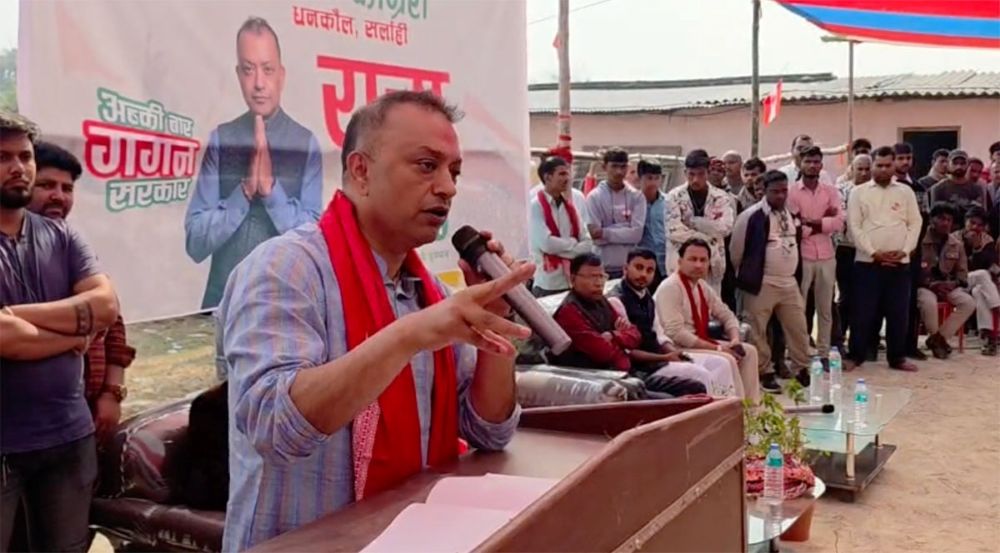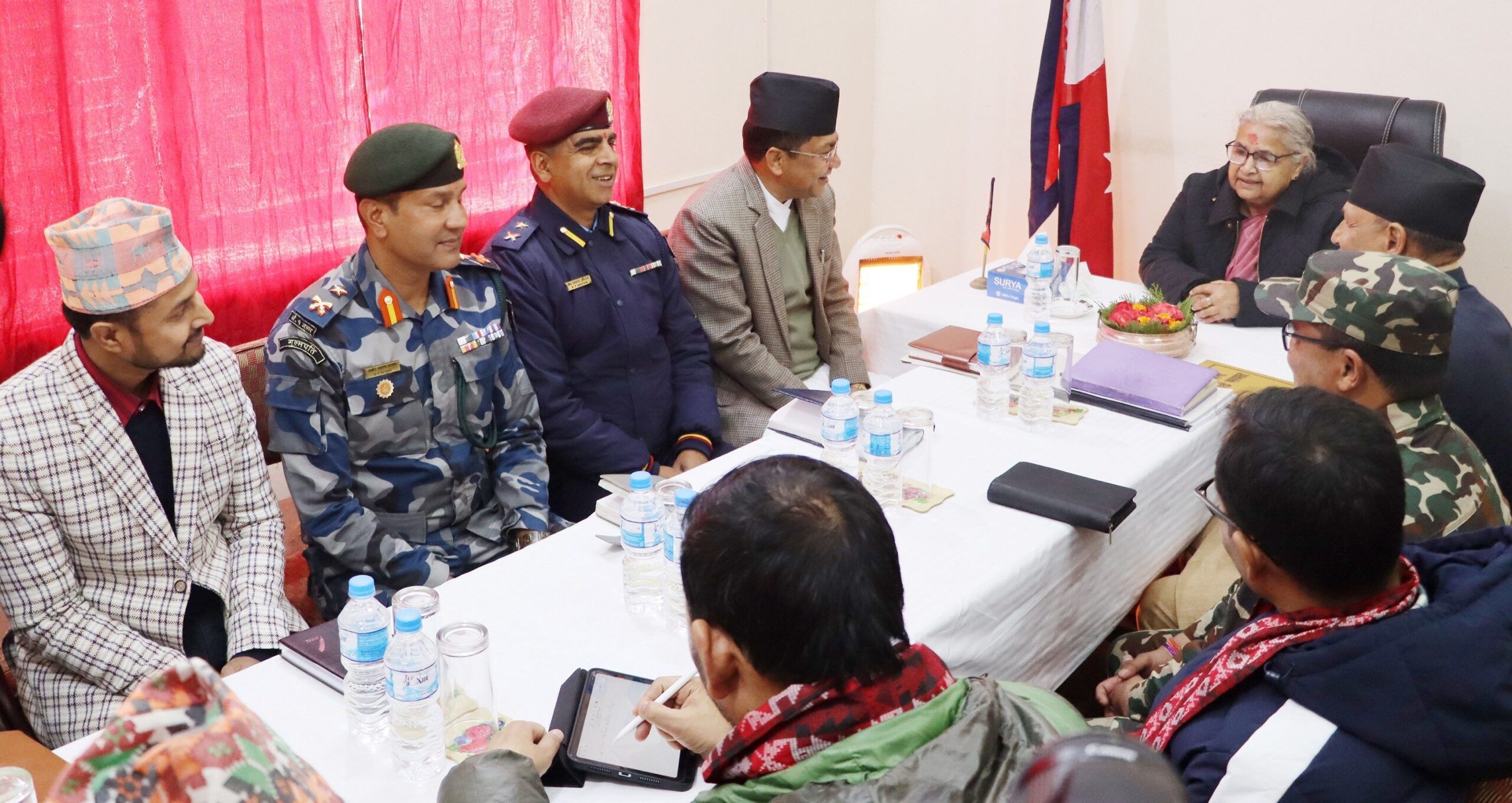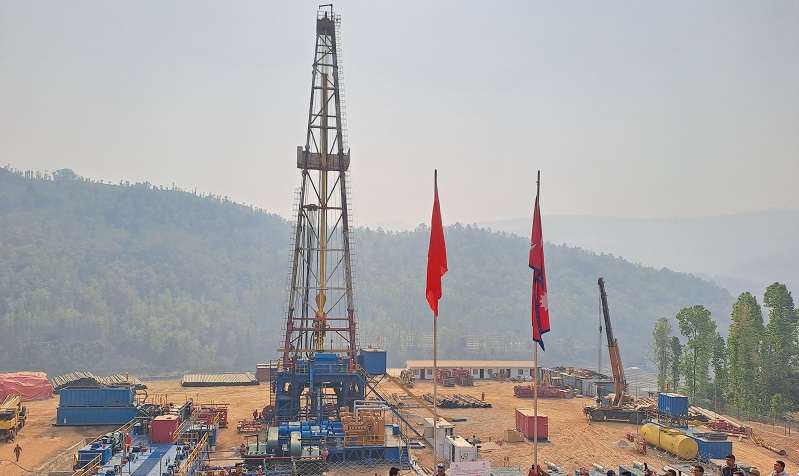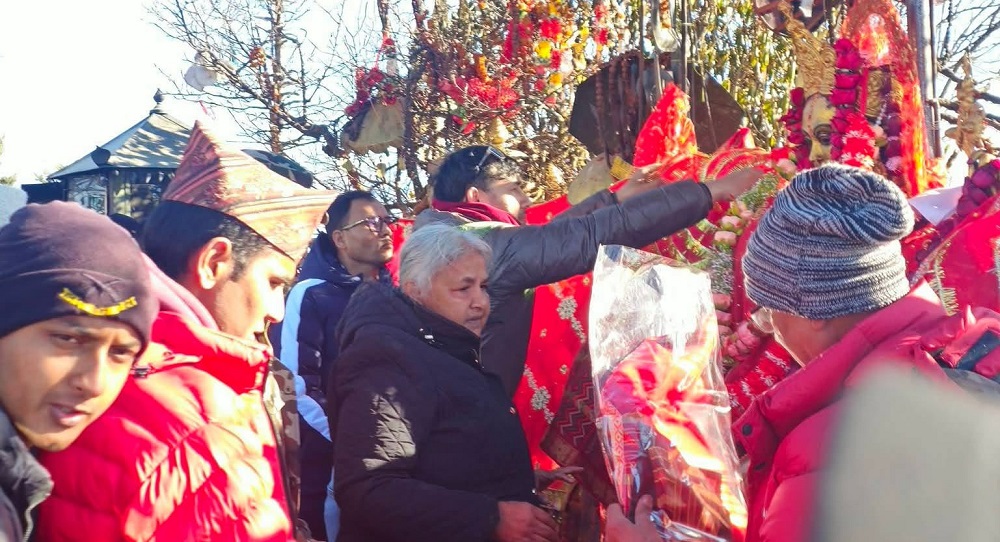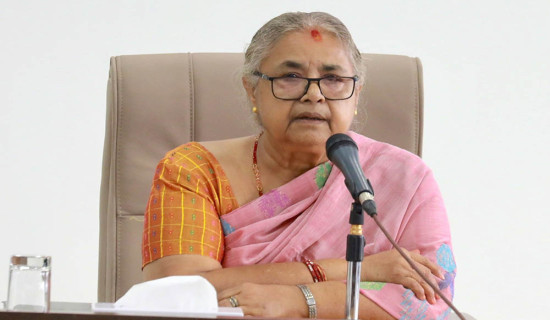A U.S. investigation has uncovered that major automakers like BMW, Jaguar, Land Rover, and Volkswagen have incorporated banned products from China into their supply chains, where the Uighur population in Xinjiang is subjected to forced labor.
Despite being notified about these practices, these companies continued importing components manufactured under forced labor conditions.
In response, the U.S. enacted the Uyghur Forced Labor Prevention Act (UFPLA) in 2021, which prohibits imports of goods produced through forced labor, particularly impacting Xinjiang but reflecting broader issues across China where underpaid labor persists.
A recent report titled “Insufficient Diligence: Car makers complicit with CCP forced labor” revealed that some suppliers to these automakers imported thousands of vehicles into the U.S. containing parts from Chinese entities banned under the UFPLA, such as LAN transformers since December 2023.
This systematic use of forced labor underscores a fundamental aspect of China’s governance strategy, highlighting ongoing ethical dilemmas for global corporations reliant on Chinese supply chains.
The report details systemic oppression by the Chinese Communist Party (CCP) against the Uighur people, denounced by the U.S. State Department as genocide and crimes against humanity.
This includes the detention of over a million Uighurs and other Muslim minorities in re-education centers repurposed as high-security prisons, where forced labor is a means of control.
Efforts to relocate Uighurs through “Labour Transfer Programmes” forcibly place them in urban factories, further exposing them to exploitation.
Despite longstanding U.S. prohibitions on goods produced with forced labor, reinforced by the UFPLA, challenges persist in verifying supply chain integrity due to CCP restrictions on audit processes, obstructing transparency.
In Xinjiang and beyond, Chinese authorities impose employment quotas on Muslim minority communities, ensuring compliance through penalties for non-participation, reflecting the CCP’s broader strategy of social control and economic restructuring.
President Xi Jinping’s policies prioritize the transformation of Uighur and Kazakh villagers into compliant workers, facilitated through indoctrination camps and military-style training, aimed at poverty alleviation and social stability, as outlined in government directives.
This systematic use of forced labor underscores a fundamental aspect of China’s governance strategy, highlighting ongoing ethical dilemmas for global corporations reliant on Chinese supply chains.






